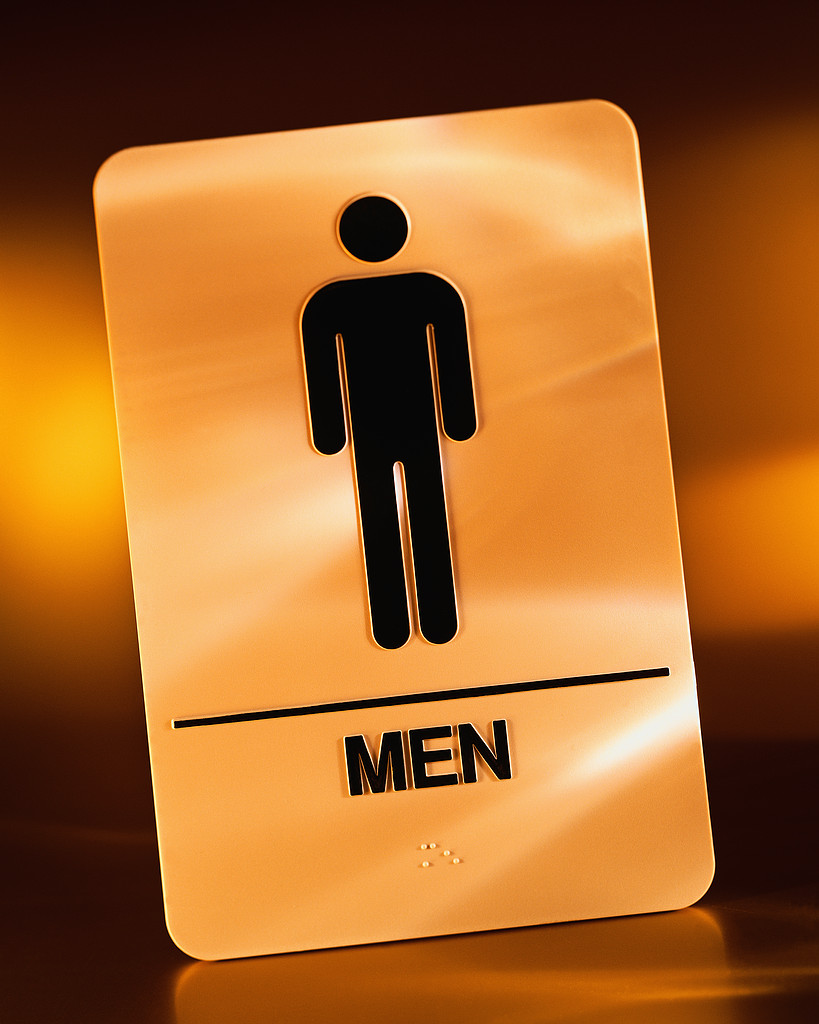Appellate courts so despise "slip-and-fall cases," that a large chunk of them are dismissed. That's why the outcome of Gerbi v. Tri-Mac caught our eye.
Mr. Gerbi's injury was allegedly caused by soap on the bathroom floor of a Tri-Mac store. When he later filed a personal-injury lawsuit in the Suffolk County Supreme Court, Tri-Mac moved to dismiss the case. After that request was granted, Gerbi appealed to the Appellate Division, Second Department, which reinstated the case.
Typically, a party seeking to dismiss a slip-and-fall case must demonstrate that it "neither created the hazardous condition nor had actual or constructive notice of its existence for a sufficient length of time to discover and remedy it."
In this particular case, the store's assistant manager could not recall whether the company's "general inspection and cleanup policy" had been followed on the day of the incident, nor could he describe the condition of the bathroom "within a reasonable time before the accident." In the absence of evidence as to when the bathroom was last cleaned or inspected, the AD was of the opinion that the case was not properly dismissible at this stage of the case and that it should be permitted to proceed to a formal hearing or trial.
That's why those forms you see posted in restrooms can be a helpful tool in the event of litigation. Those documents will usually reflect the date and time the area was last serviced and will identify the individual that performed that task. Had such a system been implemented in this instance it is very likely the outcome of this case would have been a lot less messier.
For a copy of the Appellate Division's decision, please use the following link: Gerbi v. Tri-Mac Enterprises of Stony Brook, Inc.
